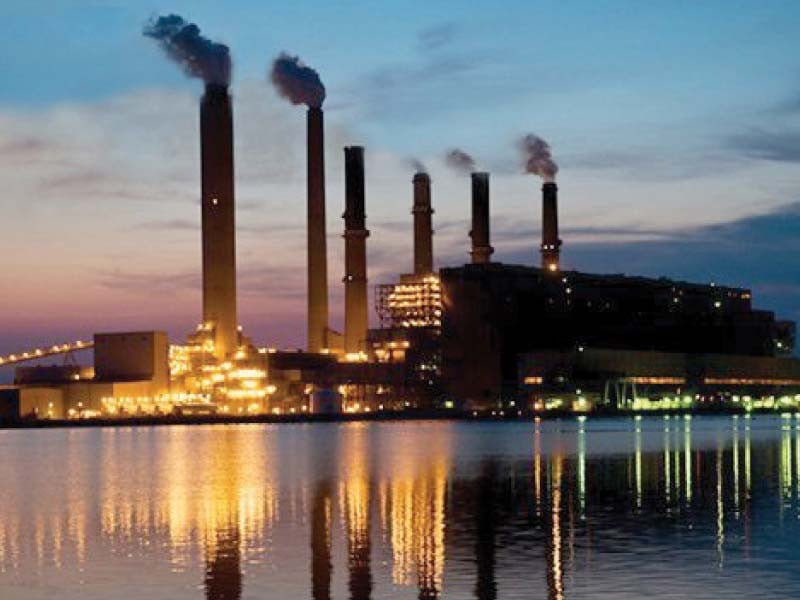
Foolproof security for Chinese nationals and clearance of over Rs250 billion worth of outstanding energy payments remain the key bottlenecks in the way of putting the China-Pakistan Economic Corridor (CPEC) project on a fast track, as the government seeks to hold the strategic planning committee meeting next month.
Diplomatic and government sources said Pakistan would have to come up with a clear plan to address the Chinese security concerns and for the protection of Chinese investment under the CPEC framework.
Chinese authorities have already asked Pakistan for expeditious completion of investigation into the attacks on Chinese nationals in Dasu and Karachi.
They added that the two issues would have to be sorted out, if Pakistan was keen to have meaningful progress on CPEC.
Foreign affairs ministry has recently informed the government that safety of the Chinese nationals was the “overarching concern” for CPEC’s continued success and progress on Pakistan’s priority areas.
But despite these concerns, China has not completely backed off from cooperation with Pakistan. It was open to the proposal of holding remaining meetings of the Joint Working Groups – the expert panels set up for different areas
of cooperation.
Meetings of the working groups were a prerequisite for convening a meeting of the Joint Coordination Committee (JCC) – the strategic decision-making body of CPEC – in August.
Sources said China had floated a proposal to allow private Chinese security personnel to protect its nationals in Pakistan, which Islamabad did not agree to.
After attacks on Chinese nationals in Karachi, China had pressed Pakistan to ensure the security of its nationals and swiftly bring to justice those behind the bombing that killed three Chinese teachers.
A senior planning ministry official said Pakistan had further beefed up security of the Chinese nationals after the recent attack, which was appreciated by the Chinese officials.
Timelines for the clearance of CPEC energy payments would be one of the issues on top of the meeting agenda of the Joint Working Group on Energy.
Pakistan has so far not been able to give a clear roadmap due to fiscal constraints and also because of the International Monetary Fund’s loan strings.
“Pakistan is walking a tightrope and we are trying to resolve all the issues, which was also acknowledged by the Chinese ambassador during a recent meeting,” said Planning Minister Ahsan Iqbal.
Iqbal said payables to the Chinese independent power producers (IPPs) had decreased to around Rs250 billion, which indicated the government’s commitment to resolve the issues.
Sources said Pakistan had proposed holding the next Joint Working Group on Energy meeting in August and was waiting for the response of the Chinese side.
Chinese investors have been facing problems in the execution of 1,124-megawatt Kohala hydropower project, 700MW Azad Pattan hydropower project, 1,320MW Thar coal power project and 300MW Gwadar coal
power project.
These projects have also been affected by the delay in making energy purchase payments to the existing operational power plants.
Pakistan is also seeking next meeting of the energy planning expert panel but it has not yet got the confirmation. The meeting will discuss the issue of change in financing terms of CPEC projects in light of the suggestions agreed in the eighth Joint Energy Working Group meeting.
Recently, Pakistan has assured the IMF that it will try to renegotiate the CPEC energy deals or will attempt to change financing terms of the debt taken for the energy projects.
It is believed that the IMF’s concerns about CPEC are one of the reasons behind the delay in convening the IMF board meeting. The IMF has linked the clearance of CPEC energy payments with Beijing’s ability to renegotiate these deals.
But the IMF publicly denies that it is putting pressure on Pakistan to renegotiate the CPEC deals.
Sources said Pakistan also wanted the conversion of three imported coal-power projects to local coal. After a spike in coal prices, the Chinese power plants run off both money and inventory. The Chinese IPPs had to temporarily shut down some of the units of
these plants.
Pakistan is also trying to buy Afghan coal to run the Chinese IPPs to avoid stress on its balance of
payments position.
Published in The Express Tribune, July 28th, 2022.
Like Business on Facebook, follow @TribuneBiz on Twitter to stay informed and join in the conversation.

1731570357-0/elon-musk-(1)1731570357-0-405x300.webp)
-(1)1717678110-0/Kendrick-(1)-(1)1717678110-0-165x106.webp)















COMMENTS
Comments are moderated and generally will be posted if they are on-topic and not abusive.
For more information, please see our Comments FAQ